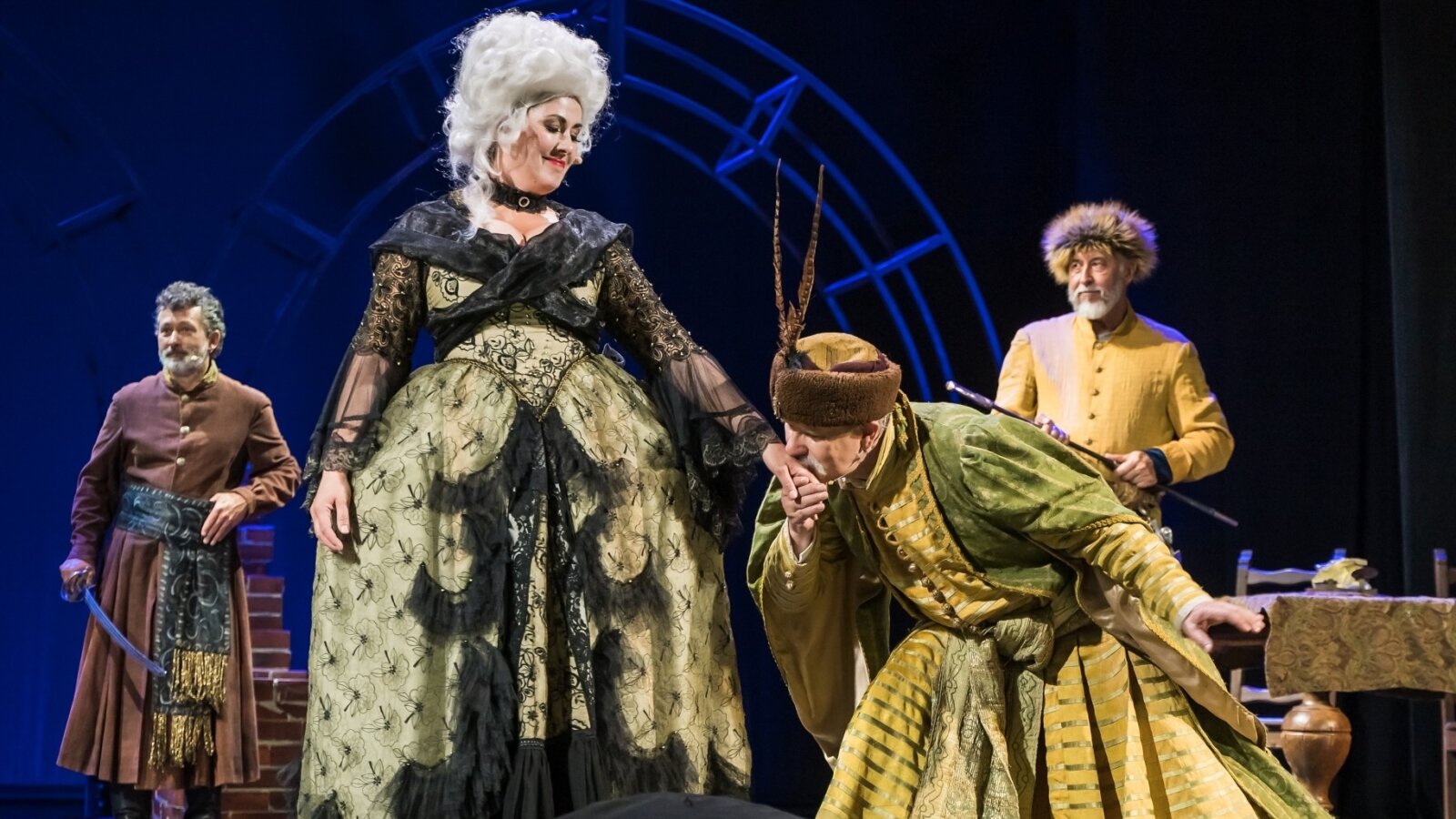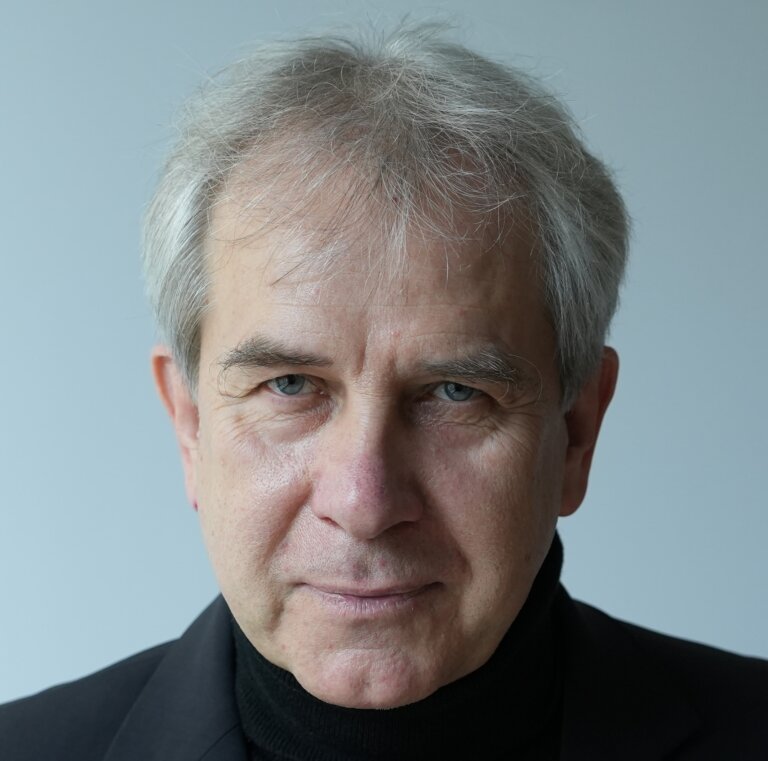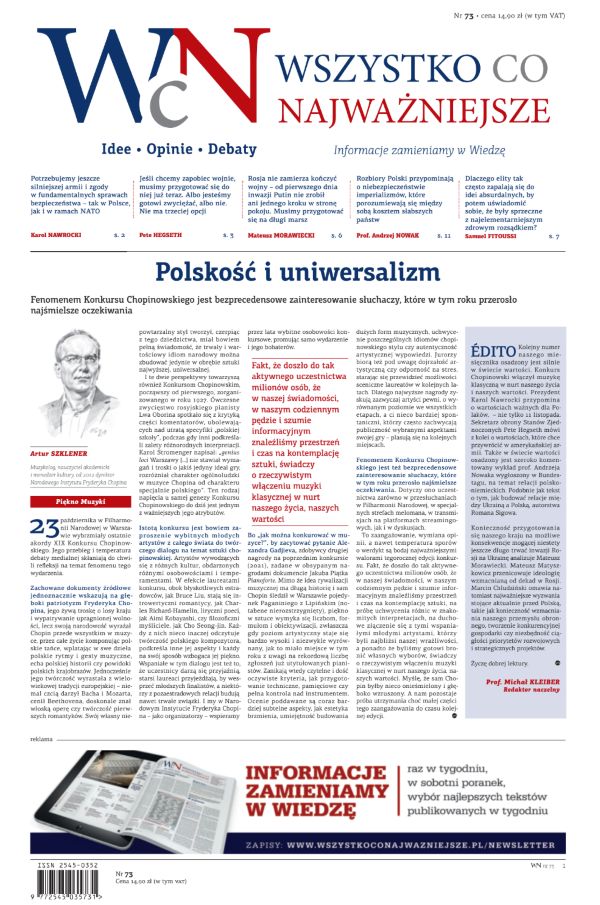
 Polish Classics Theatre – a Laboratory of Memory, Identity and Freedom
Polish Classics Theatre – a Laboratory of Memory, Identity and Freedom
We have presented our productions on more than eighty stages across Poland. Our inspiration is the travelling theatre concept, modelled on Juliusz Osterwa’s Reduta, which aims to stage high-quality literature for viewers across the nation. During our travels, we have met spectators deeply interested in our work. The Polish Classics Theatre fulfils their desire to experience esteemed Polish classical dramas, performed with utmost fidelity to their letter and spirit.
.One of the central ideas behind the founding of the Polish Classics Theatre was the belief that the classic works transcend the current era. They preserve memory and identity and provide a reliable means of analysing modern life. They allow us to look at our own age from a distance, while also probing its hidden recesses. They serve as both a telescope and a microscope. When we turn to the classics, we discover that in their own distinctive way they are part of our present. Without them – without points of reference, without the possibility of comparison – the present would dissolve into a deadly chaos.
The classics unite. Yet the very word ‘classics’, though familiar to all, is imprecise and difficult to define.
In the 1970s Jarosław Marek Rymkiewicz, in his essay Czym jest klasycyzm w teatrze (What is Classicism in the Theatre), wrote of ‘archetypal characters in archetypal situations’, enabling the stage to perform the ‘eternal comedy of humanity’.
More recently, Professor Jacek Kopciński suggested in Teatr magazine that ‘recognition’ could serve as the criterion of what is ‘classical’ – an argument that holds so long as the community of cultural memory is not called into question.
Yet it is not impossible – indeed, it may already be the case – that Polish classics will be challenged, stripped of such recognition, denied and rejected.
If this act were part of a discourse over what is and what is not a Polish classic – that is, if it were a dispute about what constitutes the Polish canon – then it would be welcomed. For such a dispute would in itself become a study of our memory and identity, a sign of our culture’s vitality. However, if the arbitrary rejection of our cultural heritage is driven by ideology or politics, beyond any axiological discussion, the question arises whether we are witnessing a meaningful, progressive reevaluation or mere barbarism.
The classic works bind together the individual strands of our memory into the fabric of our identity. They join the past and the present. They connect generations through their experience and comprehension of humanity. They create a space of understanding and a community of symbols, images, feelings and thoughts. They strengthen cultural communities and open them to dialogue with the entire spiritual heritage of humankind.
This context gives the existence of the Polish Classics Theatre the stature of a mission. It carries a metaphysical dimension. And this is no coincidence. Aside from religious organisations, the theatre is the oldest and most time-honoured means of nurturing a community of spirit and cultural memory.
It was partly for this reason that, at the dawn of Poland’s regained independence, the idea of supporting the classics was strongly present within the circles of ZASP (Union of Polish Stage Artists). The classic works were to reunite a community divided by the partitions. Today, too, there remains a need to cultivate in audiences a sensitivity to the language and themes of classic works. Engaging with them is a form of growth and one of the most enduring bonds of community. In the face of the ever-increasing commercialisation of culture, and the painful reduction of culture and artistic endeavour to mere entertainment, the neglect in the reception – and above all in the stage presence – of Polish classical drama appears immense. The least frequently performed are works from the Old Polish and Romantic periods. They already seem difficult to stage, both because of their challenging language and the scant knowledge of their historical and social contexts – in other words, because of a lack of artistic craftsmanship. And yet these are forms whose depth of content, appeal, impact on contemporary sensibility and other values can only be grasped by attempting to bring them to life on stage.
With this in mind, on March 27, 2024, the anniversary of the Polish Classics Theatre’s establishment, we performed Juliusz Słowacki’s Ksiądz Marek (Father Marek) at the concert hall of the Polish History Museum – the play had been absent from Warsaw’s theatres for over three decades. On February 21, 2026, on International Mother Language Day, we will be premiering Norwid’s Promethidion.
.We have presented our productions on more than eighty stages across Poland. Our inspiration is the travelling theatre concept, modelled on Juliusz Osterwa’s Reduta, which aims to stage high-quality literature for viewers across the nation. During our travels, we have met spectators deeply interested in our work. The Polish Classics Theatre fulfils their desire to experience esteemed Polish classical dramas, performed with utmost fidelity to their letter and spirit. It also supports the sphere of a ‘culture of going out’, ‘of direct encounter with the other’. For centuries, theatre has been a well-established form of this culture. The Polish Classics Theatre was born of an awareness of the social significance of communal engagement with art. It exists to make that engagement a reality.







